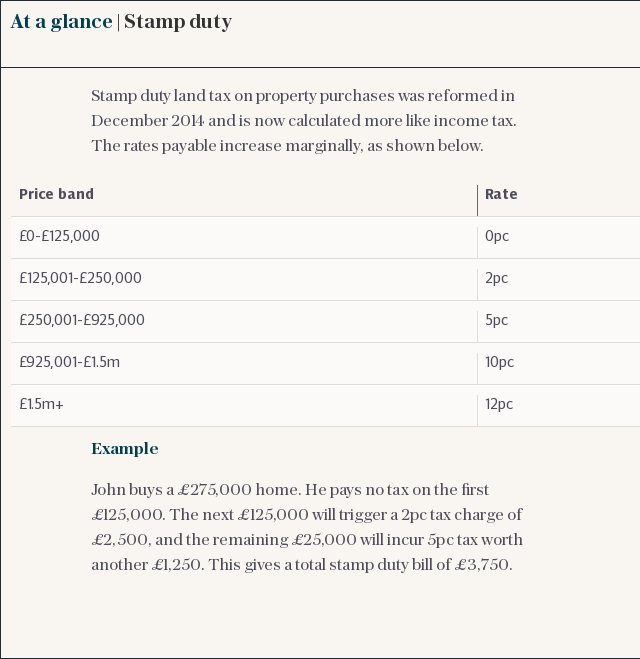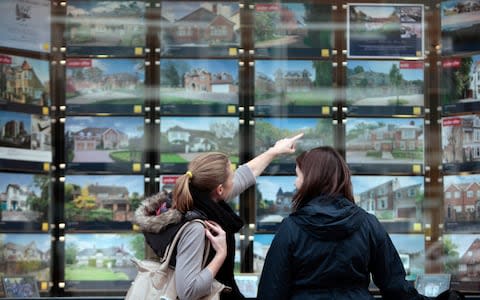Cost of renting nearly £1k a year more expensive than owning a home

Failure to get on property ladder is now costing young professionals almost £1,000 a year as the "rent gap" is widening, a study has found.
New data from Halifax found that the average cost of buying a three-bed home in the UK, including mortgage payments, was £75 a month less than renting at £679 in December 2017, compared to average monthly rent of £754.
The gap between the cost of buying and renting has climbed to its highest in four years, Halifax said, up 44 per cent from last year’s £623 saving to £900 a year.
It comes amid fears among Tory MPs that young people's failure to get on the property ladder is an "iceberg" that could sink the party at the next election.
Buying is consistently more financially attractive than renting across the UK, with the greatest annual saving in London (£2191), and the smallest saving in Yorkshire & the Humber at almost £600 a year (£589).
As a percentage the biggest savings are made in Scotland and the South West of England, where the cost of buying is 17 per cent lower than renting.
Whereas 100 per cent of the costs associated with renting will be paid to a landlord, the majority of homeowners' outlay will go towards building up equity in their home, while a small portion will be paid to the bank as mortgage interest.
Yesterday a report by the Institute for Fiscal Studies showed that young middle-class professionals are half as likely to get on the housing ladder as they were 20 years ago. Just one in four young middle-income families now owns their own home, down from two in three in the 1990s, it found.

It means qualified workers including teachers, nurses, tradesmen and administration workers, who could once comfortably buy their own home, are now stuck renting into their thirties.
Fears are mounting within the Conservative Party that the Government is failing to build enough homes and that Jeremy Corbyn, the Labour leader, is cutting through to "generation rent".
Russell Galley, managing director at Halifax, said: “The gap between buying and renting has widened significantly, primarily driven by a reduction in mortgage rates and a more competitive market pushing down monthly payments. Meanwhile, the cost of rent, household maintenance and average deposits have remained broadly flat.

“Despite having to put down a sizeable deposit up front, homeowners are overall better off than renters in all parts of the UK. But those who are unable to get onto the property ladder because they can’t raise enough cash are paying more by renting.
“The good news is that record numbers of first-time buyers are still taking their first step on to the ladder and helping to bridge this gap thanks to a continued low-rate environment and government schemes including Help to Buy.”
The number of first-time buyers fell from a high of 359,900 in 2007 to an all-time low of 192,300 in 2008, according to the Council of Mortgage Lenders (now UK Finance).
The levels are back to the pre-crisis peak, having reached 365,000 in 2017 and exceeding 300,000 for the fourth consecutive year.

 Yahoo News
Yahoo News 
